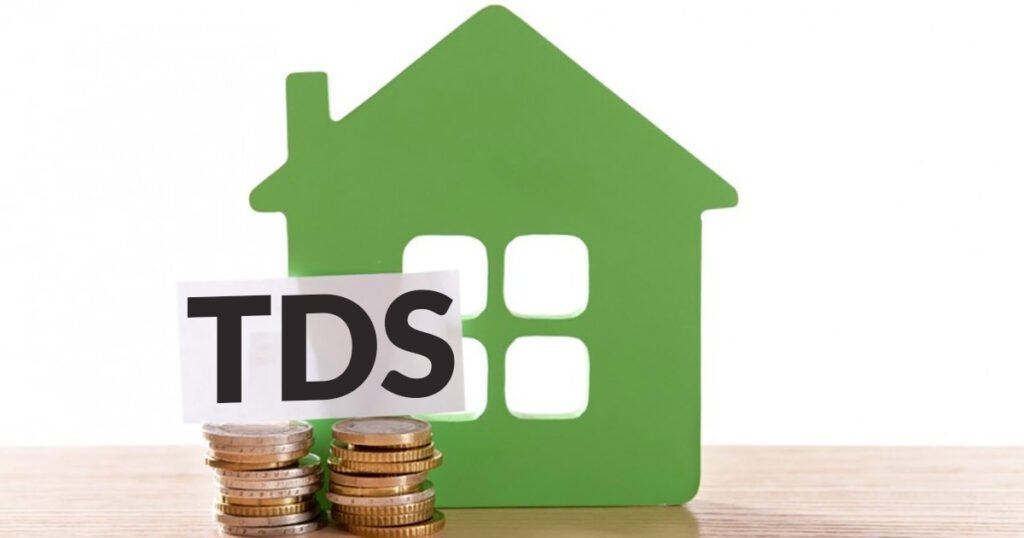If you’re selling property, you’ll need to pay taxes on the sale. Here’s what you need to know about tds on sale of property.

When is TDS Deducted on Sale of Property?
The tax deductor must deduct TDS at the time of payment or credit, whichever is earlier. In case of sale of property, TDS is to be deducted at the time of payment or credit for the purchase consideration. The amount deductible as TDS shall not exceed 1% of the gross amount of consideration received/payable for transfer of immovable property.
What are TDS?
The definition of TDS is “Tax Deducted at Source”. It is a system introduced by the Income Tax Department, whereby certain specified persons are required to deduct tax at source from payments made to certain recipients and pay such deducted tax to the Government.
In the case of sale of property, TDS is required to be deducted by the buyer at the time of making payment to the seller, if the value of consideration exceeds Rs.50 lakhs. The deductor has to deposit the amount so deducted with the income-tax authorities within a prescribed period and also furnish a challan-cum-return in respect thereof to the payee.
At What Rate is TDS Deducted on Sale of Property?
TDS is deducted at the rate of 1% on the sale of property.
Who is Liable to Deduct TDS on Sale of Property?
The seller of the property is liable to deduct TDS on sale of property if the sale consideration is more than Rs 50 lakh. The TDS is to be deducted at the time of payment or crediting the amount, whichever is earlier. The buyer is also required to furnish his PAN to the seller.
Also Read: How does WhatsApp Earn Money

